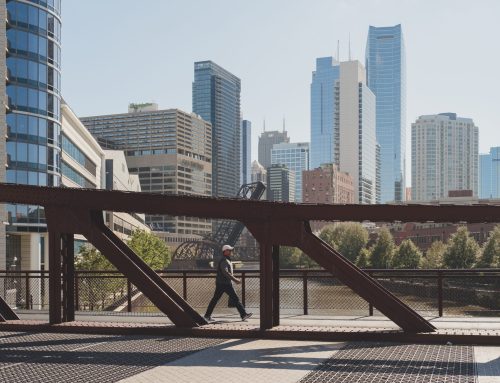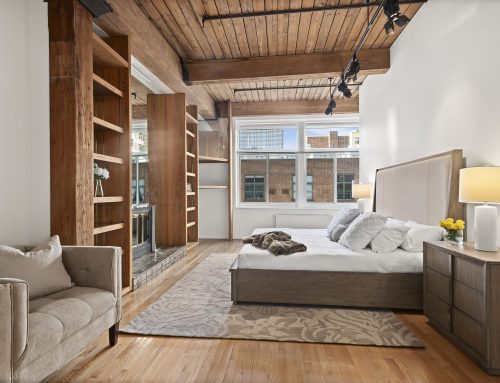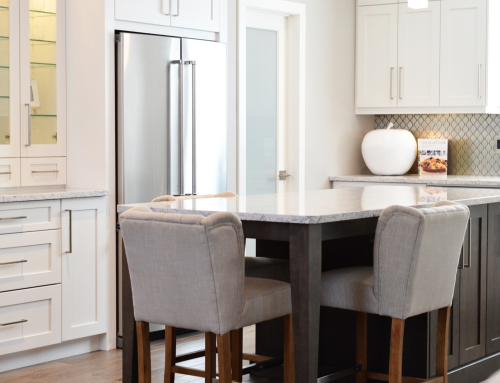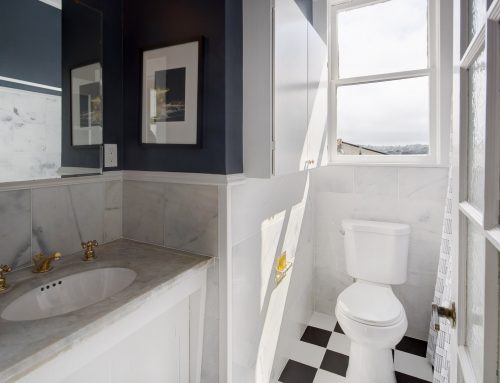Few choices in life carry as much weight as the decision to buy a home. Choose the right home at the right price in the right neighborhood, and it can dramatically add to your daily quality of life and long-term financial well-being. Make the wrong decision, and you could be spending your time full of buyer’s remorse, counting the days and dollars until you can move somewhere else.
But how do you know whether a home is “right” for you? When you read a listing or go to an open house, what are you looking for? What matters to you today, and what will matter to you one year, five years, or ten years from now? These are the kinds of questions you need to ask yourself as you start the process of searching for the home of your dreams. More specifically, keep these considerations at the forefront as you begin your homeownership quest.
Where Do You Want to Be?
You may live in your home, but your home lives in a neighborhood. Picking the right location is the foundational issue buyers should address. Start with broad characteristics, like city vs. suburbs, high-density or more space, exclusively residential or a mix of homes and businesses. Do you want to be able to walk to restaurants, parks, the lake, and other amenities, or does that matter to you at all?
For parents (and future parents), the quality of the schools in a given neighborhood may be of paramount importance. So too may be its accessibility and proximity to public transportation or how long and easy a commute to work may be. Additionally, in a “City of Neighborhoods” like Chicago, every area has its own distinct personality, quirks, and qualities. Try to get the sense of a neighborhood’s “vibe” by walking around and spending some time in the area. You want to make sure that when you walk out your front door, you’re as happy as you are when you walk back in.
What Can You Afford?
Your home not only will be the place where you’ll live, but it may also be the most significant investment you’ll ever make. As a financial decision, you want to be prudent and not overextend yourself by buying a home that you can’t reasonably afford.
Develop a realistic budget that takes into consideration the size of down-payment you can make, what you can take on in debt, and whether your credit is solid enough such that you will be able to obtain financing at a reasonable rate. Contacting a lender is an important part of this assessment. Lenders can provide you with a pre-approval letter that will reveal your total buying power so you can search for homes that fit your budget.
Size and Space
There are “McMansions,” there are “tiny homes,” and then there is the vast majority of homes that fall somewhere in between in terms of size and space. Think about how much room you want and need both inside and outside your home. This includes the number of bedrooms and bathrooms, of course, but also characteristics like basements, storage, closet, and cabinet space, room for your furniture, sunrooms, and ceiling height.
Do you want a yard or a deck over the garage? Do you want to keep landscape maintenance to a minimum, or do you want ample space for your green thumb? If outdoor space isn’t a lifestyle priority for you, keep in mind that it can add significant resale value, even in a place like Chicago, where outdoor living is non-existent for several months each year.
Good-to-Go or Fixer-Upper?
You likely know whether you’re someone who has the inclination, talent, time, and money to spend on making home improvements or repairs. If you are such a person, you may see a house’s flaws and shortcomings as opportunities for transformation and personalization. If, however, you’re not the handy type, you may want a home that needs little, if any, work when you move in.
How Long Will You Be There?
Whether your home purchase turns out to be a good investment depends on several factors, many of which may be beyond your control (like, say, a global pandemic). But whether you will see a positive return on your investment also involves the length of time you anticipate owning your home. In Chicago, it can take around four to five years on average to break even. If you plan on living in your home for only a short period, you may need to recalibrate your expectations in terms of how much you will walk away with when you sell.





